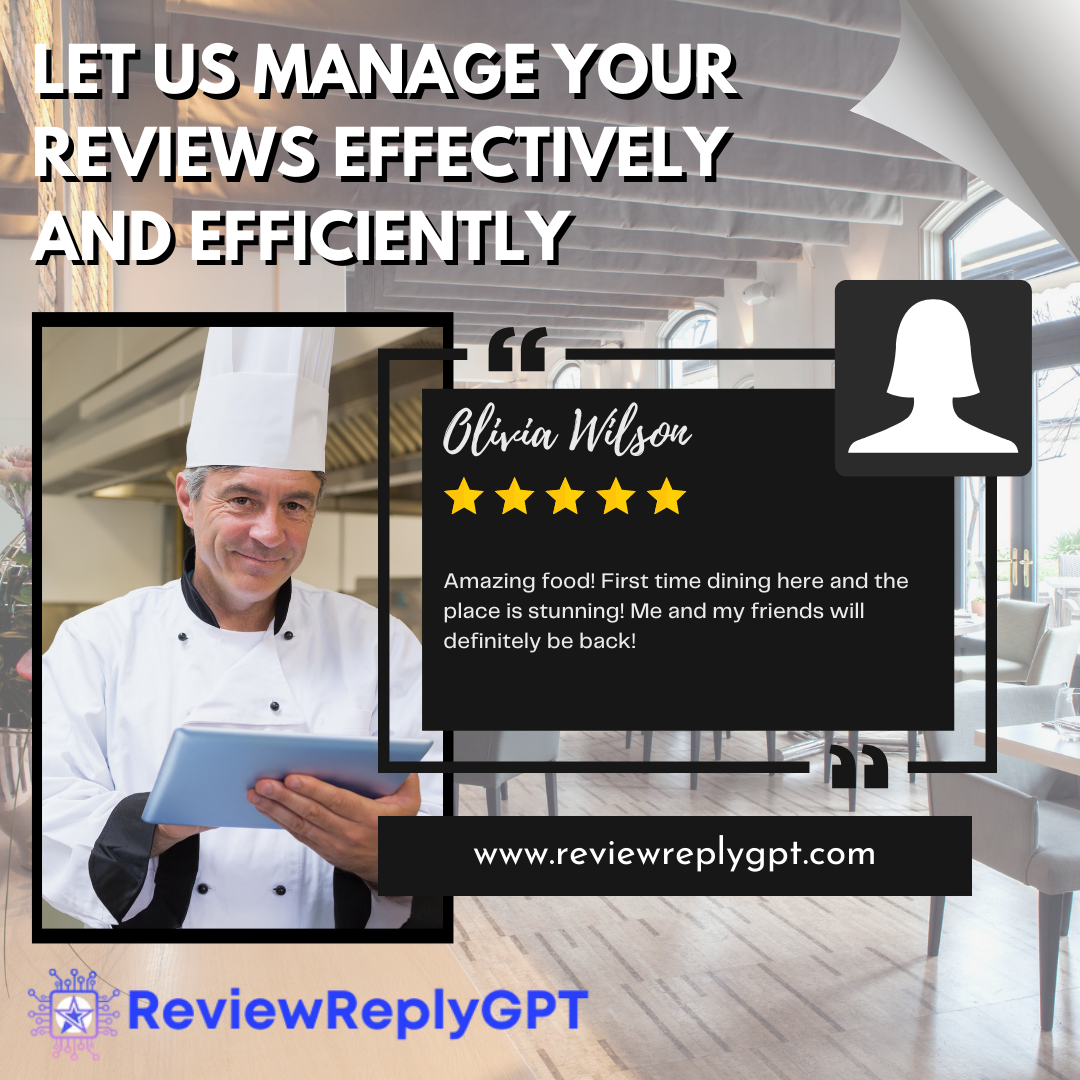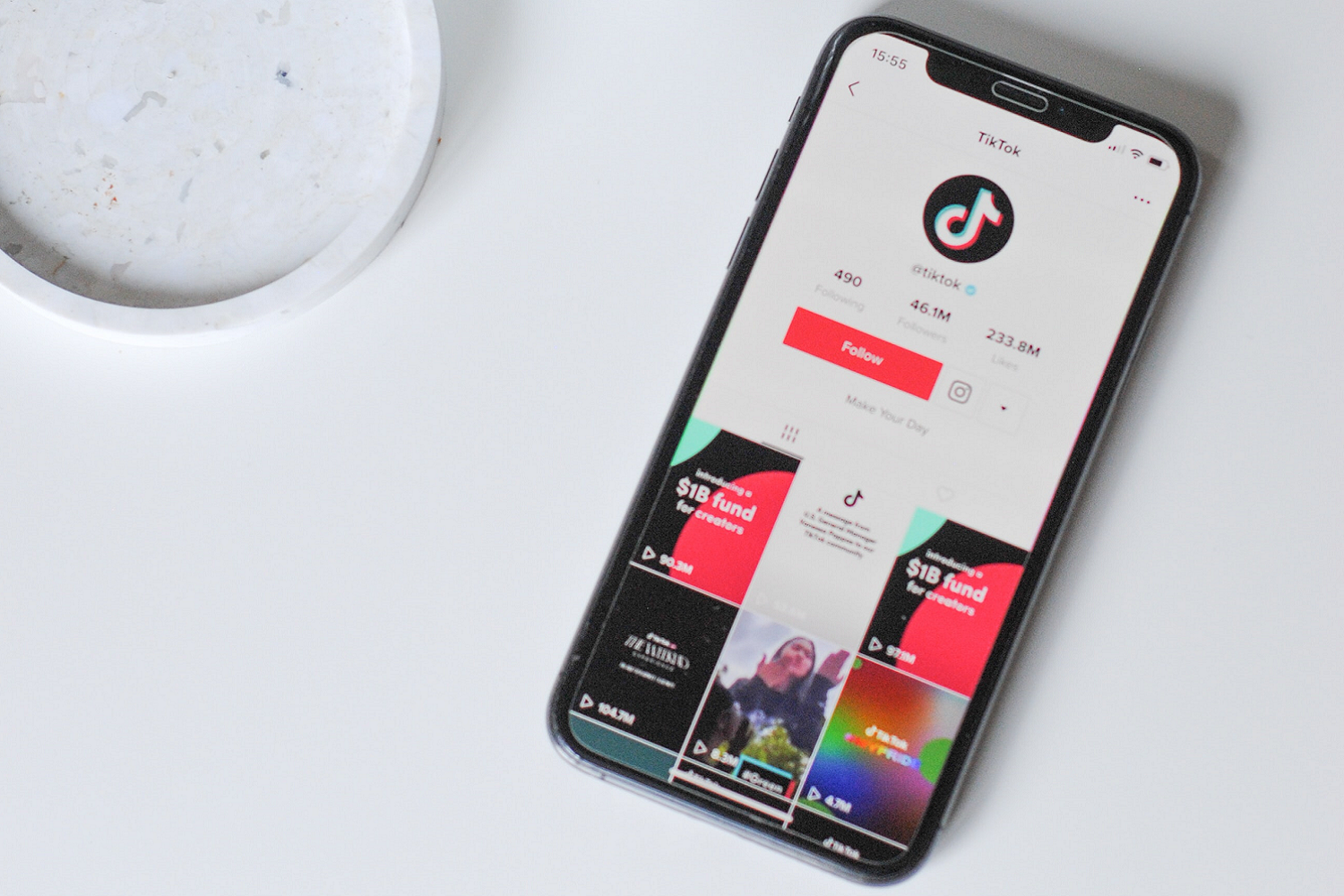Understanding Google Ranking Factors in 2019
Google is responsible for billions of internet searches each day, as well as over 85 percent of the search engine market share , so the ultimate goal of a marketer is to find their brand high in the ranking. Without knowing the factors that Google considers in the ranking, however, it can be difficult to achieve this goal.
Google never publicly listed these factors, but it has confirmed that there are around 200 ranking aspects that impact organic search rankings. These include on-page, off-page and site-level aspects, as well as virtually endless technical SEO factors that determine your site’s ranking.
That’s a lot to consider, but fortunately, these factors aren’t weighed equally. Some factors are more important than others, and there are some SEO best practices on which you should focus before correcting the low-impact aspects of your site.
Here are the most important Google ranking factors leading into 2019:
Architecture
In terms of impact, your website’s architecture is high on the list. While there are some factors that are more important than website architecture, it’s about more than just your ranking. Your website is what you want your customers to visit and return to, so getting it right is vital to your business’s success.
First, determine the subcategories you’ll cover on your site, then organize your entire site around them with clear strings of text at the end of your URLs. This makes it easier for Google to recognize you as an authority and determine your value to a user searching a target keyword.
Domain Security
The first priority of Google is serving the needs of its users, which includes giving them a safe and secure experience. As a result, your domain’s security is a significant factor in your search engine ranking.
Google recognizes secure websites with the “https” at the start of the URL. This stands for hypertext transfer protocol secure, which is the process that transfers information from the site to the visitor’s web browser.
If a site has https, Google knows it’s secure and the information it’s indexing is safe for the user. With a normal http, Google is less likely to rank the site high in the results. Correcting this is as simple as getting an SSL certificate for your website.
Inbound Links
Inbound links, or backlinks, are the hyperlinks that direct a user back to your pages from other pages on the internet. These are so important for your Google ranking that they can even impact the number of the search page you land on.
These links aren’t your only source of traffic, so they may not seem important to your site. Inbound links tell Google that others trust your information, however, since they’re linking to it from their own sites. Trust is important to Google, so a site that appears more trustworthy and links to other trustworthy sites is likely to rank higher.
Unfortunately, this can’t be achieved by linking your own pages to each other. Inbound links only work for Google ranking if they come from outside domains, and the quality of those domains influences the ranking further.
Because of this, link building has become a hot topic for marketers. This can be achieved by trading inbound links between other authorities in your industry, or writing a post on another website and linking back to your own.
Authority
The topics you choose form the foundation for the authority you’ll need for long-term ranking. Generally, the more content you publish about a specific topic, the higher all related posts about that topic will rank in Google results.
Over time, Google will recognize you as an authority on that topic, regardless of how well-written or keyword-rich the posts are. Of course, you should still work to produce content that’s readable, relevant and valuable, which will only attract more readers and boost your ranking further.
Keyword Intent
Though topics are important, keywords still factor into your ranking. Keyword optimization is one of the best things you can do for your SEO, provided you do it correctly.
In the past, Google used to prioritize the posts with keywords that were an exact match, but now it focuses on the intent of the keyword. What this means is that Google is trying to determine what the user is looking for, rather than finding the exact words used, so it can provide a better experience for the user.
This may seem a little bit trickier than including specific keywords multiple times, but a naturally well-written piece should solve these needs on its own. If you’re writing your content with the intent of solving a problem or providing valuable information to the reader, your content will be recognized by Google as an answer to the user’s question and rank it higher.
Structure
Your website’s visitors need to quickly find the information they’re looking for and get answers to their questions, but that’s not the only factor you need to consider in designing your site. The way the content is structured could mean the difference between your site ranking above or below a similar site with competitive keywords.
Ideally, you’re already using headings, subheading, images, bulleted lists and other methods of improving readability for your visitors. These additions to your content help your reader digest the information you’re providing and keep them more engaged with your content. Engaged readers stay on your site longer, which is interpreted by Google as “session duration,” a factor that also helps your ranking.
Meta Tags
Meta tags may not be something you include in your SEO strategy, but they’re simple and effective for boosting your Google ranking. Meta tags give Google an idea of the purpose of your page and how each aspect of the page works toward the topic and keyword.
There are several types of meta tags that should have keyword details:
●Title tag: This is typically the title of your article and shows up in the HTML. Google uses this to create a blue hyperlink headline that shows up in the search engine results. Title tags are useful for content that doesn’t have a natural headline that describes its content.
●Image alt text: Google doesn’t read images in the same way as text, so images have a limited ability to improve ranking on their own. Image alt text that describes the content of the page helps Google understand the image better, however, so it should always be included.
●Meta description: This is the snippet of text that appears under the links on the search results page, which summarizes the content. A meta description doesn’t need to have keywords, but it will help Google better understand the content and boost the ranking.
Load Speed
Load speed is the speed at which your website loads when a user clicks on it from a search results page. There are many factors that can impact your website speeds, but Google will prioritize the sites that load faster.
Generally, pages should load in under three seconds to be considered fast enough for Google’s standards. Some pages won’t be penalized for slower speeds, however, and some need to load in two seconds or less to earn a high Google ranking.
Since the acceptable standards can vary, it’s best to do all you can to make your load speeds as good as they can be. Uncompressed images , different font styles and sizes and multiple types of media can hinder your website speed, and though you may not be able to correct all of them, do what you can to make your load speed as fast as possible.
Conclusion
These Google ranking factors are a good starting point for improving your ranking, but keep in mind that these factors are always changing. You may have noticed that many of these improvements affect your Google ranking and the value you provide for your visitors, however, so the best way to stay ahead of the changes is by consistently delivering the best experience you can for your users.
Are you looking for help navigating the ever complicated digital marketing space? We can help!
The Harvest














